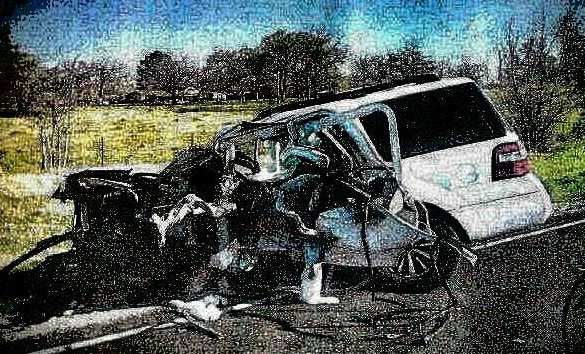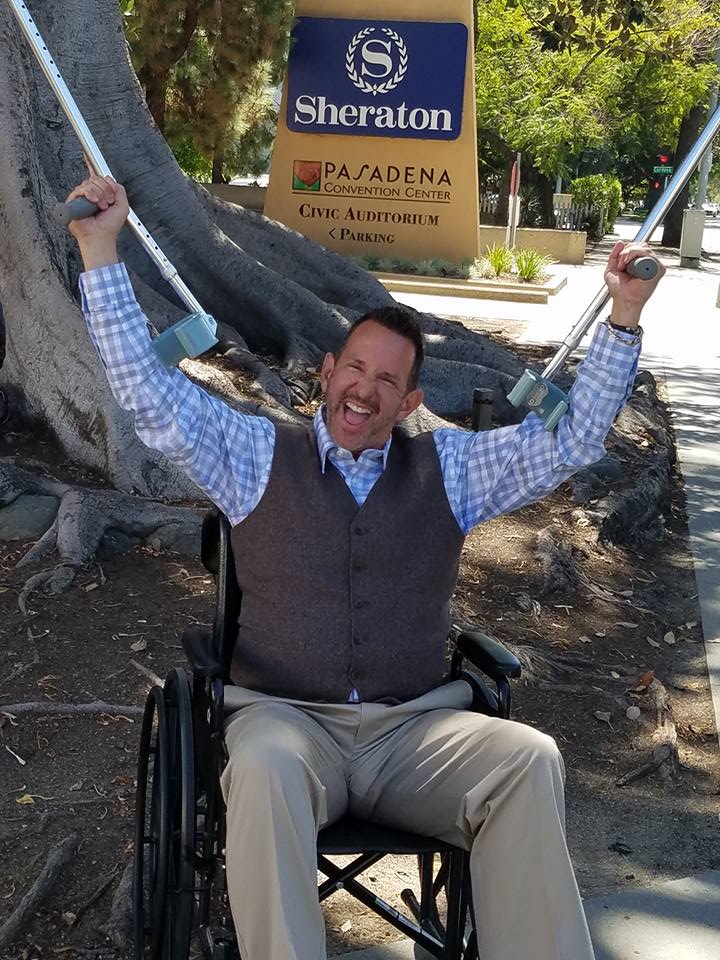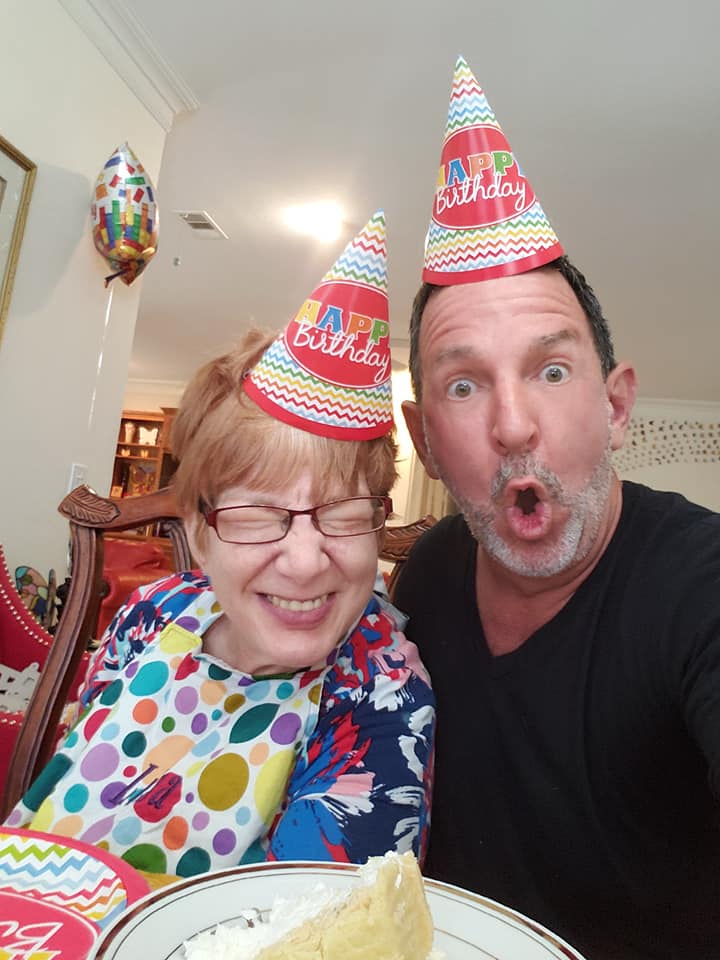"Get up."
Somewhere, buried deep within the fog, Dennis Lee (’86) heard his mother’s voice. The faint but familiar sound conjured memories of his youth, of lying in bed long past the alarm until her words floated beyond the door and shook loose the last vestiges of sleep.
This time, though, the words seemed different — imbued with a disquieting sadness that suggested she wasn’t sure there would be any waking up. The ►doctors didn’t seem certain either.
But more than anyone, Nora Lee recognized her son’s resolve. Through the years, she’d watched him transform from a skinny little boy who bemoaned his ►outsider status into an adult who made every kid feel like they belonged. As the ventriloquist behind the beloved Nana Puddin’ puppet, Lee had spent his career extolling the importance of love, acceptance and faith — encouraging children and adults to cling tight to those ideals, even in the most trying of circumstances.
And now he found himself needing to heed his own words of wisdom. Just hours before, he had undergone major surgery following a catastrophic car wreck that nearly destroyed the left side of his body, leaving him with crushed bones, and severe back and neck injuries. Though the pain would be unbearable, and the recovery grueling, Lee was the kind of good Southern boy who knew better than to defy his momma.
He opened his eyes.



